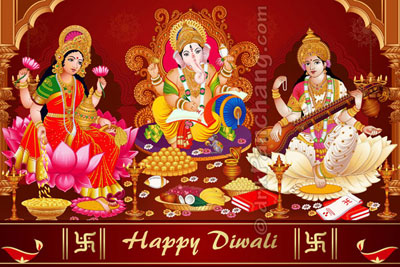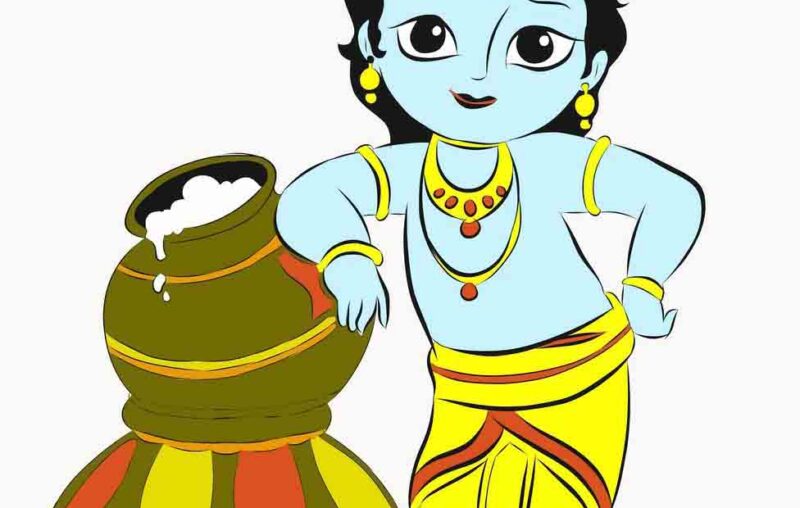The history of Raksha Bandhan is deeply rooted in Indian culture and dates back to ancient times. The festival holds a significant place in Hindu traditions and is also celebrated by people of other religions in India and neighboring countries.

Astroyes research:
The word “Raksha Bandhan” is derived from two Sanskrit words: “Raksha,” meaning protection, and “Bandhan,” meaning bond or tie. Thus, Raksha Bandhan translates to “the bond of protection.” The festival is a symbol of love, affection, and the promise of protection between siblings.
Legend of Raksha Bandhan:
One of the most popular legends associated with Raksha Bandhan comes from Hindu mythology and involves the bond between Lord Krishna and Draupadi. According to the ancient Indian epic, the Mahabharata, during the great war of Kurukshetra, Lord Krishna had a cut on his finger while wielding his Sudarshan Chakra. Seeing this, Draupadi immediately tore a piece from her saree and tied it around Lord Krishna’s finger to stop the bleeding. Touched by her gesture and pure intention, Krishna vowed to protect Draupadi whenever she needed him. This act of tying the cloth on Lord Krishna’s finger is considered the origin of the Rakhi tradition.
Another well-known legend revolves around the demon king Bali and Goddess Lakshmi. According to this legend, Lord Vishnu’s devotee, King Bali, was known for his generosity and virtuous nature. However, his power and ambition threatened the gods in heaven. To counter this, Goddess Lakshmi, the consort of Lord Vishnu, devised a plan to protect the gods. She tied a sacred thread (Rakhi) on Bali’s wrist and asked for a boon. King Bali, known for his word, granted the boon without knowing her true identity. Goddess Lakshmi revealed herself and requested that Lord Vishnu be set free from his palace in Bali’s kingdom. Touched by her devotion and the bond of Rakhi, King Bali accepted the request, and Lord Vishnu was freed.
Historical Significance:
The festival of Raksha Bandhan also holds historical importance during various periods in India. In medieval times, Rajput queens and noblewomen sent Rakhis to neighboring rulers as a symbol of sisterly love and to seek protection during times of war. This practice strengthened political alliances and fostered goodwill among different kingdoms.
Contemporary Celebration:
Today, Raksha Bandhan is celebrated in various parts of India and beyond, as well as by Indian communities around the world. On this day, sisters tie a decorative thread (Rakhi) around their brothers’ wrists, and in return, the brothers promise to protect and support their sisters throughout their lives. Gifts are exchanged, and families come together to celebrate this special bond of love and protection.
Consult for Trouble in married life
Raksha Bandhan reflects the essence of sibling affection and is a reminder of the importance of family ties and the duty of protecting and caring for one another. The festival transcends religious and regional boundaries, emphasizing the universality of love and brotherhood.
Disclaimer:
The information provided in this conversation is for general informational purposes only. The statements in this article are made on the basis of a belief that no concrete evidence is available, Astroyes makes no representation or warranty of any kind, express or implied, regarding the accuracy, reliability, suitability, or availability of this article. Your reliance on such information is entirely at your own risk.
It is important to consult qualified professional astrologers or subject matter experts for specific advice or information relevant to your particular circumstances.


